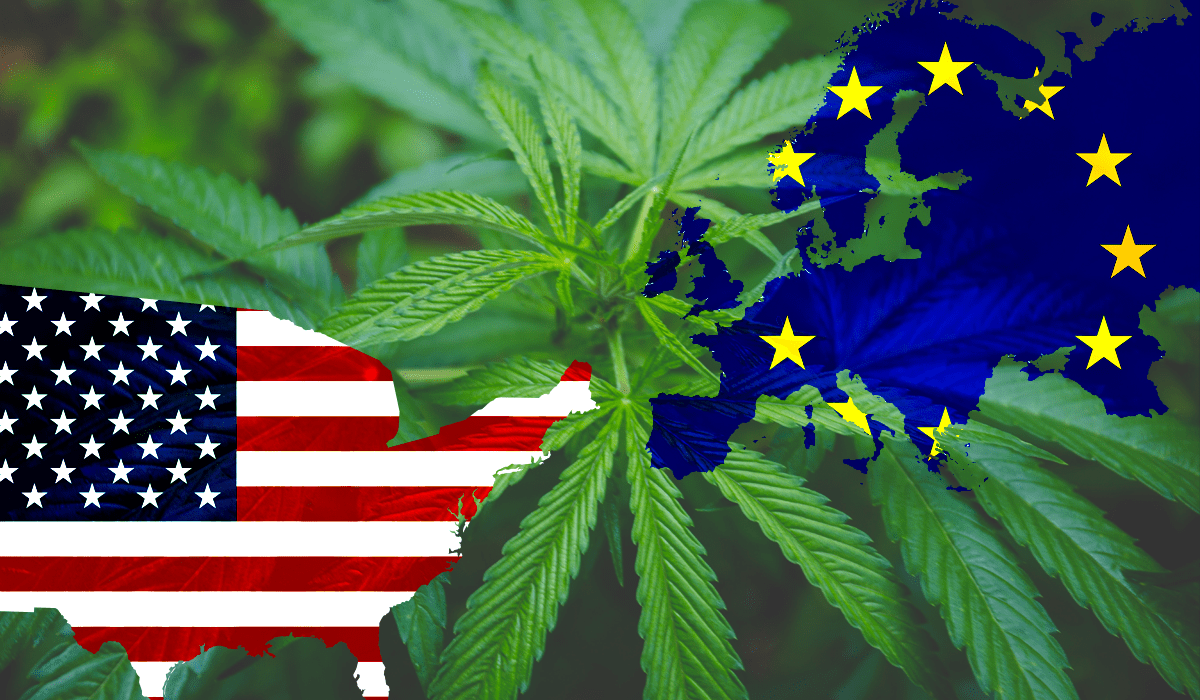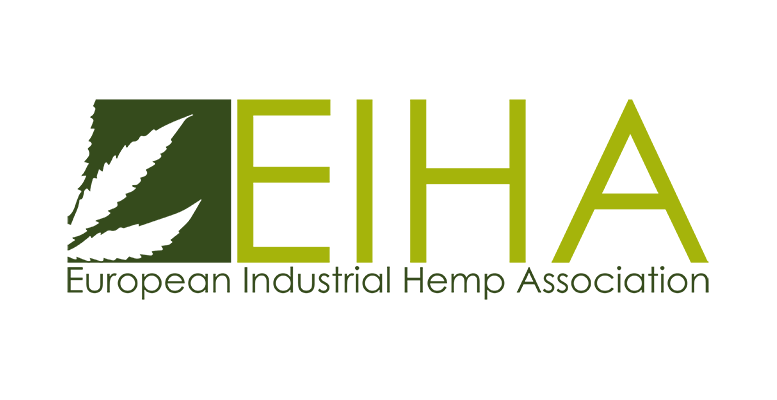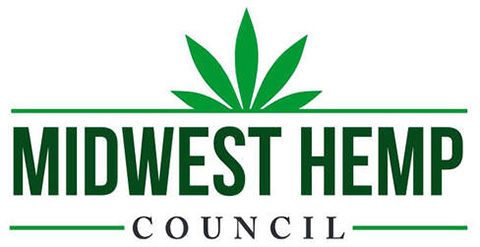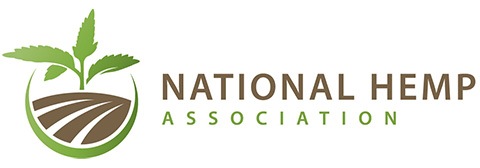
Although only legalized in 2018, booming consumer demand for hemp-derived cannabidiol (CBD) has led to the U.S. hemp market becoming one of the fastest-growing in the world. The rapid development of the U.S. hemp and CBD sectors is causing a ripple effect in Europe, where legal hemp cultivation has been taking place for decades, but has traditionally focused more on industrial uses.
However, just as the regulation of hemp and CBD in America varies from state-to-state, differing perceptions of the hemp plant and its derivatives have resulted in divergent market landscapes in the U.S. and European Union (EU), the understanding of which are crucial to those in the industry who might be looking across the Atlantic for new opportunities.
Different Approaches
Industry observers note that the European and U.S. approaches to the hemp sector come from very different attitudes regarding the plant. “Hemp is really [considered] a derivative of medical marijuana in Europe; they’re not legally distinct; in most cases they don’t necessarily have separate regulatory phases,” Eric Jasinski, Chief Operating Officer of Tikun Olam USA and manager of the company’s hemp CBD division, told Hemp Benchmarks. The firm is the U.S. licensee of an Israeli-based company with a history in medical cannabis research and development.
The EU, Jasinski said, tends to regulate products based on their active ingredients, whereas in the U.S. hemp is tainted both politically and socially by its association with its cannabis cousin, marijuana, despite containing negligible amounts of THC. In Europe, “they’re regulating CBD even more so than the plant, hemp,” he stated, “because hemp is more widely used in Europe in an industrial context.”
He also noted that Europe and the U.S. have very different histories when it comes to their hemp sectors. “What I find interesting about Europe is that the hemp CBD market is really acting as a gateway or ramp-up into the medical marijuana markets and predating it,” he said, “whereas in the U.S. the legalization of hemp came after states began legalizing medical marijuana.”
European Hemp Reacts to Competition, Faces Hurdles

Some EU countries, apparently feeling the pressure of new competition, have a sense of urgency when it comes to the economic future of their local hemp sectors. Last month, the French Hemp Syndicate (Syndicat Professionnel du Chanvre, or SPC) issued a “Manifesto for a Revival of Hemp Culture” – a call for national support of hemp cultivation in what is currently Europe’s top hemp-producing nation.
“Leader of this sector for decades, France could well be relegated to spectator status in just a few years,” the document begins. It also notes,“other countries are advancing (quickly) and rehabilitating the cultivation of hemp without waiting. In the absence of a rapid reaction, France will lose its historic lead in a more than promising sector.”
Also in June, the European Industrial Hemp Association (EIHA) – an organization with membership spanning 26 EU and 12 non-EU countries – announced plans to bring together a group of private businesses to create a “Novel Food Consortium.” The group would share the costs of research and pre-market safety checks on hemp products to meet both EU and UK requirements.
The EIHA notes that in 2019 the EU defined so-called novel foods as “any food that was not used for human consumption to a significant degree within the Union before 15 May 1997.” That classification includes CBD. Novel foods are required to undergo safety assessments by the European Food Safety Authority before they can be legally marketed in the EU.
More Regulatory Issues

Tikun Olam’s Jasinksi believes the EU and the U.S. are revealing two potentially different avenues that hemp regulations can take in the future, as the global market continues to develop and mature.
One approach, he said, involves treating hemp products as pharmaceutical drugs. “Maybe you make CBD available only by prescription, and you make it available only through pharmacies and you need to work with a health professional to get it,” he noted. “That’s a route taken in Europe, in certain countries.”
Such an approach has also taken root in the U.S., albeit in a limited capacity currently. Two years ago, the FDA approved Epidiolex, a CBD solution produced by GW Pharmaceuticals, to treat “two rare and severe forms of epilepsy.” While the approval of a CBD formulation as a prescription drug in the U.S. seems as if it would be welcome news, it has also been an impediment to another approach to CBD, favored by the hemp industry, that would have the compound able to be marketed as a dietary supplement and added to foods.
Those involved in the booming CBD business have been frustrated for months by the lack of regulatory guidance from FDA on CBD products as food or dietary supplements. “My understanding is the reason the FDA is slow-walking this,” Jasinski added, “is because you see a lot of people marketing CBD products [in the U.S.] around unsubstantiated health claims. And there’s a concern that the consumer market might misinterpret it as a drug that is now available over-the-counter and widespread.”
Additionally, the FDA approval process for Epidiolex resulted in CBD gaining the status of “Investigational New Drug” (IND) in the eyes of the U.S. government. Under current U.S. laws and regulations, INDs are not permitted to be marketed as supplements or added to foods. There is an exception if a substance was marketed as a supplement or conventional food prior to being formally investigated as a drug in FDA-approved research. However, FDA has concluded that this exception does not apply to CBD, creating a situation somewhat similar to the “novel foods” hurdle in Europe.
A Trans-Atlantic Need for More Research
In both American and Europe, Jasinski sees a need for additional research, given the significant interest in CBD and other hemp-derived products. “There’s an absence of research in the cannabinoid space, and the thing that’s propelled it forward historically, in Israel for example, is reliance on anecdotal evidence,” he said. “We’re not at a point where I can point to a bunch of clinical trials, and have it show that hemp CBD is effective for X, Y, and Z. But I can tell you that hundreds of thousands of consumers in America are continuing to purchase it – and the quick rise in popularity in UK, for example – it speaks to something.”
While there is common interest among many Americans and Europeans in hemp-derived CBD, the different regulatory approaches and underlying attitudes toward cannabis on either side of the Atlantic remain. Unless regulations and research can somehow be aligned, hemp CBD businesses with international aspirations face the prospect of complying with separate sets of rules when developing and marketing products in the U.S. and Europe.


